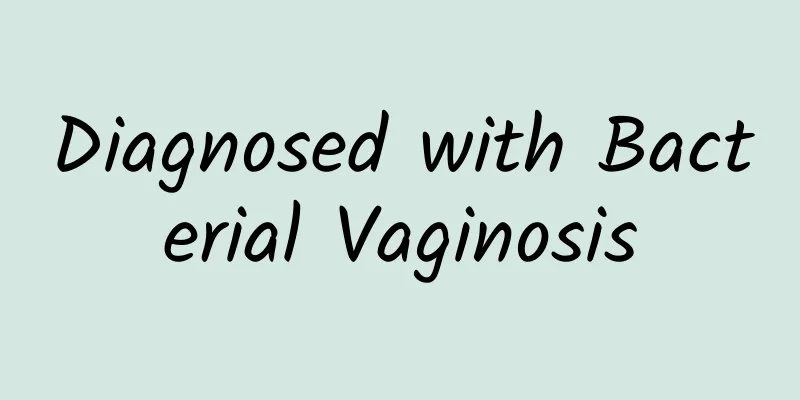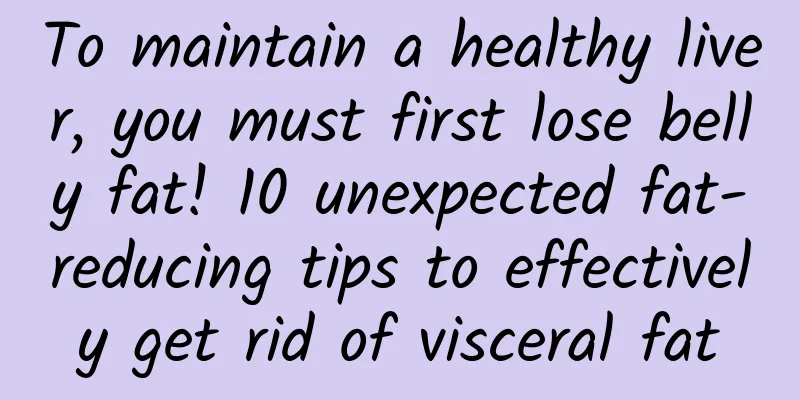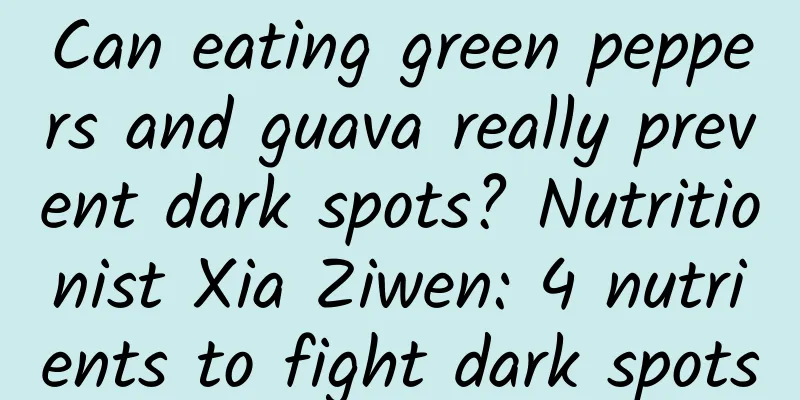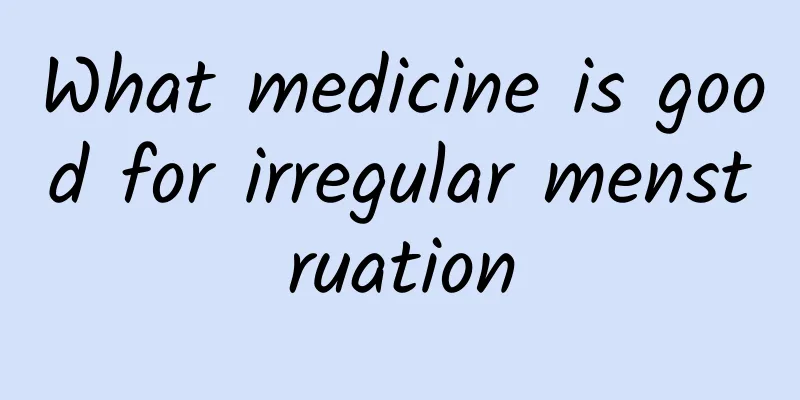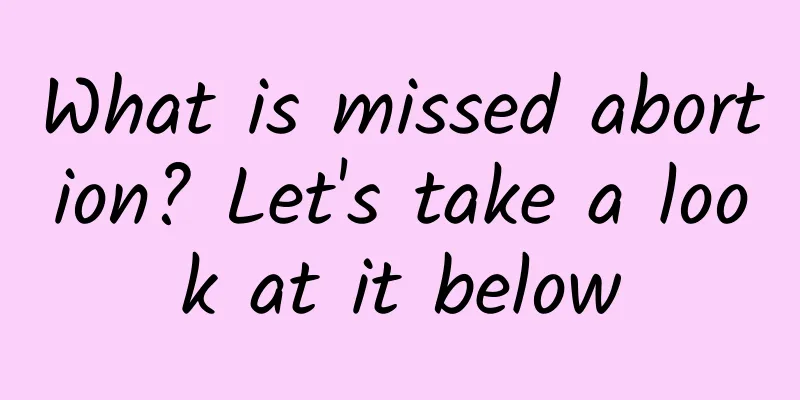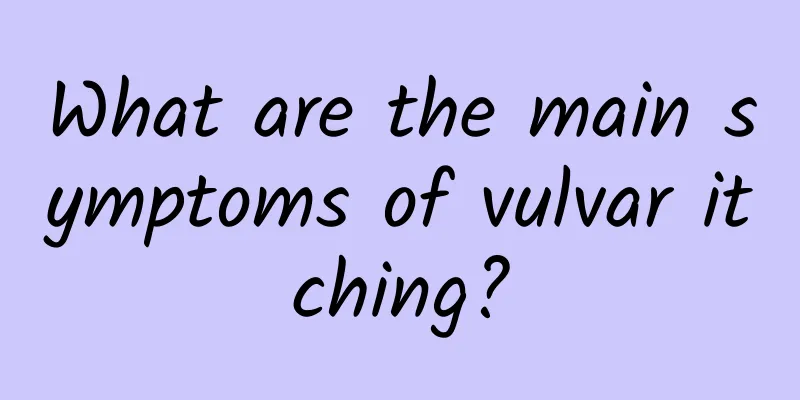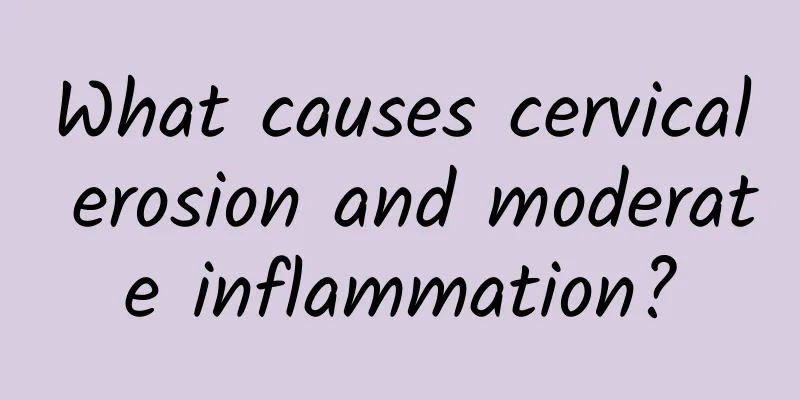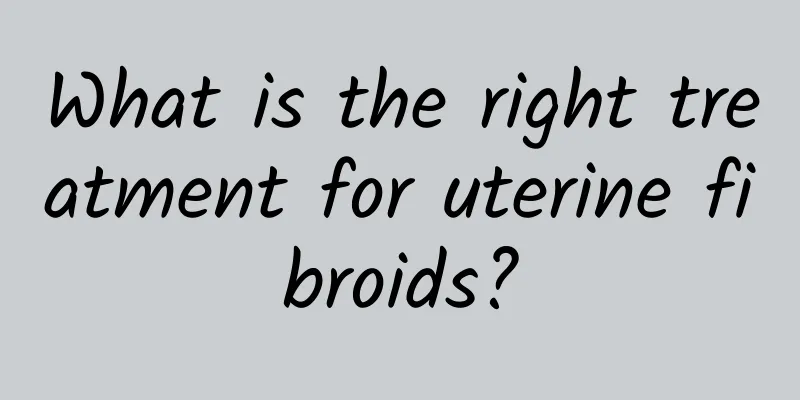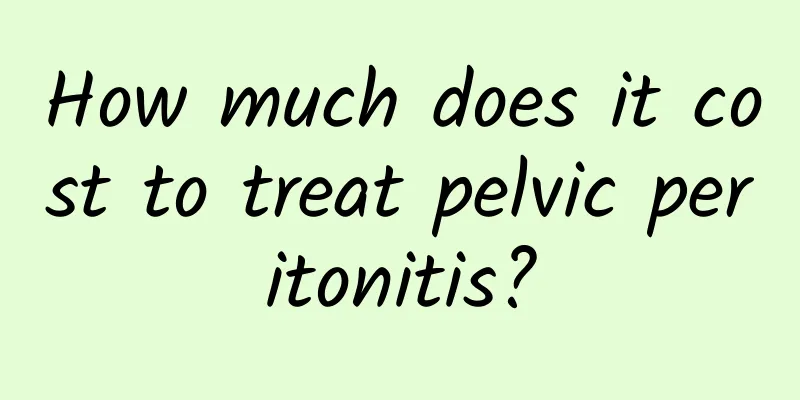Will the allowable radiation level for food be relaxed? Department of Health: Standards are becoming stricter
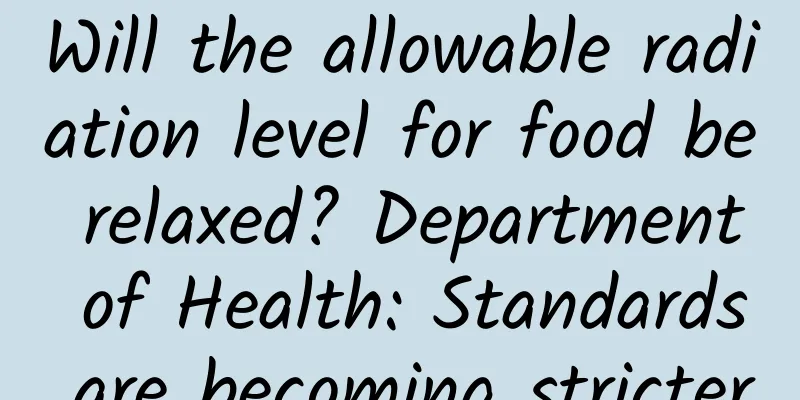
|
The Consumer Foundation questioned the Department of Health's draft amendment to the "Safe Tolerable Amounts of Atomic Fallout or Radioactive Energy Contamination in Food" as it was announced that Japan was lowering the radiation levels in food, while the Department of Health went the other way and relaxed the standards, fearing that it might become a dumping ground for contaminated food from Japan. The Department of Health emphasized that the draft has added allowable levels for seven other nuclear types, and the standards are actually stricter than in the past. Even if adjustments are made to cesium, they will be in line with EU standards. However, the concerns raised by all parties will be re-evaluated. The Department of Health emphasized that the draft amendment to the "Safe Tolerance Standards for Atomic Fallout or Radioactive Energy Contamination in Food" added allowable limits for seven other nuclear types. The standards are actually stricter than in the past. Even adjustments to cesium are made in accordance with EU standards. Cai Shuzhen, director of the Food Group of the Food and Drug Administration of the Department of Health, said that this draft was developed after a scientific evaluation was completed with reference to international standards to estimate, control the scope of nuclear species, and apply them to special types of food. In addition to the original iodine 131 and cesium 134+137, new limit standards for 7 other nuclear species that are harmful to the human body, such as strontium and ruthenium, were added, making the management regulations more complete. The most controversial issue is the adjustment of the limit value of cesium 134+137. Compared with the current standard, the draft relaxes it from 370 to 600 in other foods. Tsai Shu-chen explained that this was based on the dietary habits of the Taiwanese people, and that it was believed that international standards could be used for comparison. Finally, the EU standards were used. Compared with the current values of more than 1,000 of the international organization Codex and advanced countries such as the United States and Canada, it is still strict. Tsai Shu-chen also explained that Japan is a nuclear accident disaster area, and considering the higher rate of cesium contamination in food, the estimated limit for cesium 134+137 nuclides is stricter, and Taiwan does not need to follow suit. As for international food export standards, they must comply with local regulations before they can be exported, so there is no need to worry about Japan dumping foods with higher radiation levels in our country. Since the nuclear disaster in Japan last year, the Department of Health has sampled more than 20,000 batches of food, and all of them met the standards. Regarding the controversy caused by the draft notice, the Department of Health said it would collect more information and re-evaluate based on different opinions. |
<<: Relaxation of food radiation limit: Consumers' Foundation urges Department of Health to clarify
>>: Lily medicinal cuisine is popular
Recommend
What medicine should patients with Bartholinitis take?
Bartholinitis is an inflammation of the Bartholin...
How long after medical abortion can I have sex? What are the precautions after medical abortion?
Although some people take some contraceptive meas...
Common early symptoms of cervical erosion
What are the common early symptoms of cervical er...
Being fat is not a blessing! Increased risk of periodontal disease
Periodontal disease is one of the most common ora...
What are the best ways to prevent the recurrence of ovarian cysts?
What are some good ways to prevent the recurrence...
Experience in nursing care for patients with amenorrhea
Amenorrhea is a common symptom of gynecological d...
Adnexitis is usually caused by uterine infection.
Adnexitis is usually caused by uterine infection....
What is the cause of adenomyosis?
What is the cause of adenomyosis? ① Related to ge...
What is the reason for recurrent cervical erosion?
As we all know, cervical erosion is a gynecologic...
What causes bilateral ovarian cysts?
What are the causes and symptoms of bilateral ova...
The symptoms of atrophic vulvar leukoplakia vary in different stages
Do you know the symptoms of atrophic vulvar leuko...
The most important manifestation of cervicitis
Cervicitis is a common disease in life, but most ...
Symptoms of irregular menstruation
Menstrual irregularity refers to abnormalities in...
Four common health care measures for uterine fibroids
According to the latest medical survey data, ther...
What happens if I have back pain during menstruation?
What happens if I have back pain during menstruat...

